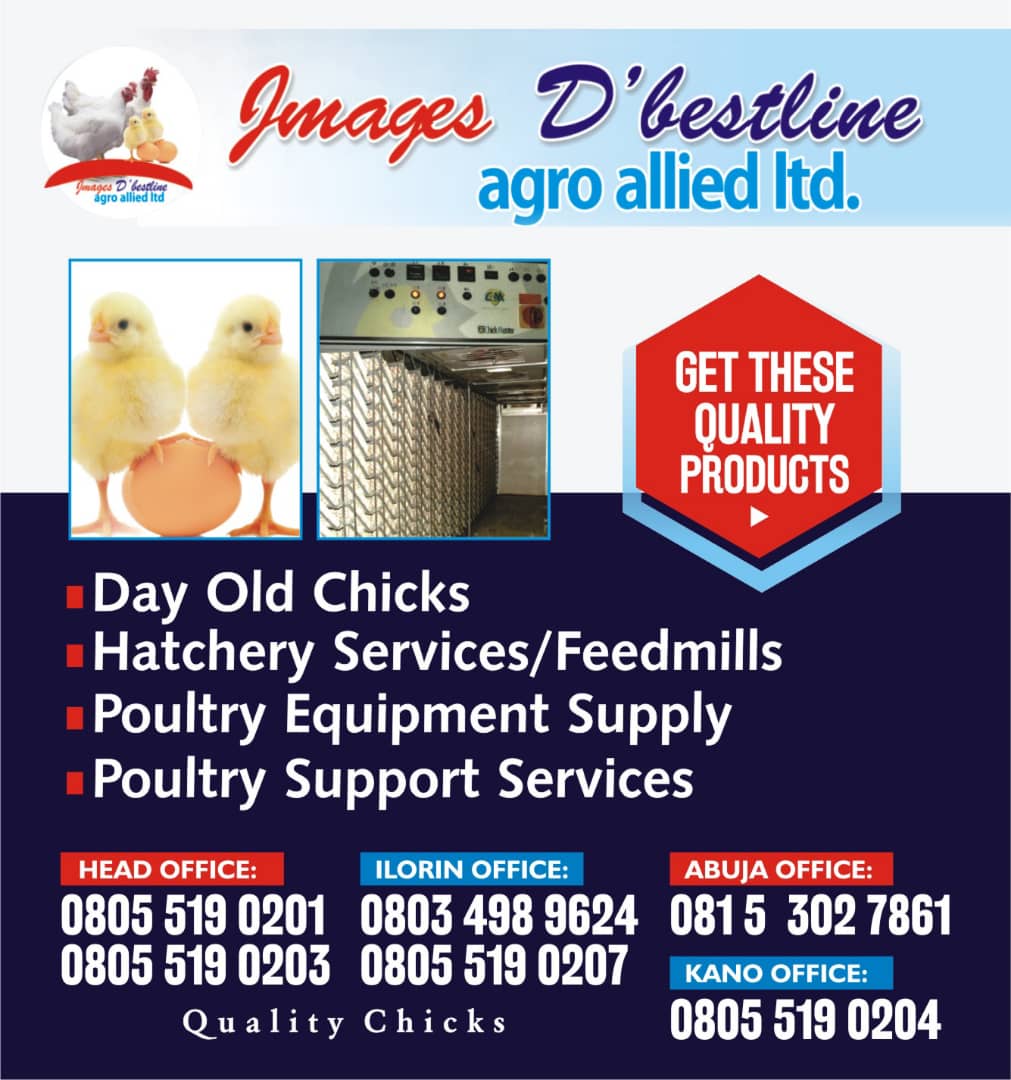Why Nigerians Will Continue to Pay more for Chicken, Fish
Nigerians will continue to pay more for chicken and fish as the costs of maize and soybeans threaten poultry and fishes industry.
The prices of chickens, eggs and fish have risen by about 50 per cent in recent months, causing concern for consumers. The price increased so sharply because of the high cost of maize, soybeans, and other ingredients used in the production of poultry feed.
 Learn More
Learn More
A crate of eggs costs from N1, 400 – N1, 500 depending on the location and size. This month, the Executive Council of the Price Advisory Committee of Poultry Association of Nigeria (PAN) approved a new farm gate price of N1, 700 for a crate of normal size eggs from the old price of N1, 500. It was attributed to several challenges faced by poultry farmers in the country, ranging from the persistent rise in the prices of feed ingredients to the increase in the cost of production.
READ ALSO: Raising Broilers and Layers together (check it out)
On the other hand, a carton of fish which they used to buy N7, 000 has suddenly skyrocketed to N37, 000 and N42, 000.
As demand for fish rises, restaurants and individual homes confront rising prices. Stakeholders attributed this to the rise in feed costs.
The higher feed costs are squeezing margins for livestock, fish, and poultry producers. Producers say production costs are going up in many categories and not just for feed.
Soybean and maize are major ingredients used for poultry and fish feeds.
At the beginning of last year, the cost of maize per tonne rose to over N300, 000 which later dropped to N130, 000 and N180, 000 respectively during harvest, but that it is currently selling at N202, 000.
Also, a tonne of Soybean is selling at N350, 000.
Stakeholders attributed the shortage of soybeans to insecurity as farmers in Benue, Katsina, Zamfara and Kaduna states face attacks from bandits.
In Katsina, Zamfara and Kaduna states, many farmers did not go into production because of the activities of bandits.
Industry stakeholder, Stephen Oladipupo said insecurity has made difficult for farmers to cultivate soybeans which he described as gold. According to him, farmers are now relying on imported ones which are quite expensive,more than N300,000 per tonne.
READ ALSO: 9 SIGNS A FARMER IS SUFFERING FINANCIAL STRESS
According to the Global Agricultural Information Network report from the US Department of Agriculture (USDA)’s estimate, Nigerian soybean production could reach 1.25 million tonnes this year, a 43 per cent increase from the most recent 2020-21 USDA estimate.
The report said Nigeria’s soybean consumption in 2021-22 is forecast to reach 1.275 million tonnes, up 38% compared to the 2020-21 estimates. Nigeria’s soybean imports in the coming marketing year are projected to reach 100,000 tonnes, up nearly 100 per cent over this year.
According to Statista, the production of soybean meal in Nigeria was estimated to be 467,000 metric tonnes, last year.
Between 2010 and 2021, the research firm noted that the soybean meal crop production increased, registering the highest growth in 2011, when the production grew by about 25 percent compared to the previous year.
In the last years, it added, the production remained stable.
Presently, popular substitutes for soybeans include groundnut cake, cotton-seed cake, and palm kernel cake. However, soybeans are preferred because of their high digestibility attribute.







![NiMet Predicts Late Onset Of Rainfall Across Nigeria In 2024 [Check Details]](https://worldfarmerscentre.com/wp-content/uploads/2024/02/images-2024-02-21T091823.034-218x150.jpeg)
![Nigerian states with fastest-rising food prices now [See list]](https://worldfarmerscentre.com/wp-content/uploads/2023/02/images-1-218x150.jpeg)






